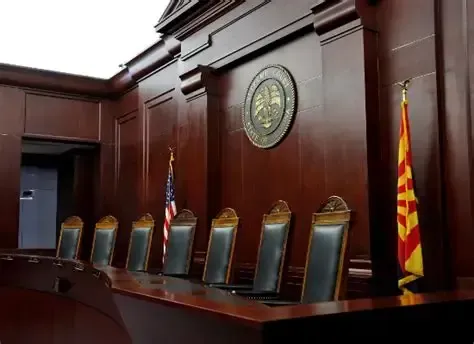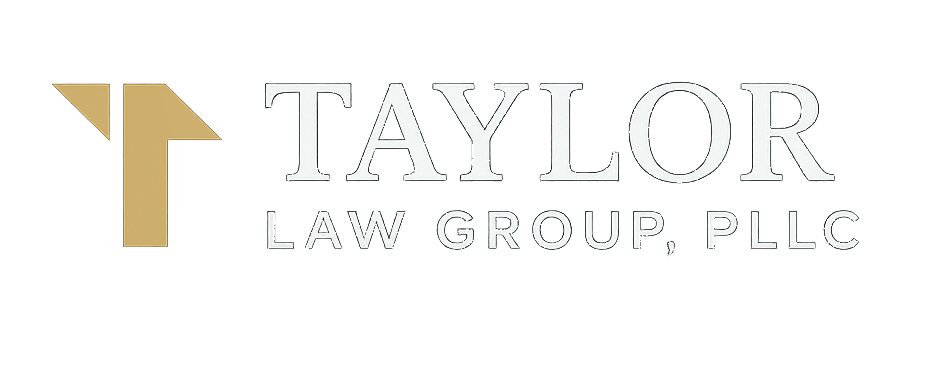
Fact-Checked
This page has been written, edited, and reviewed by a team of legal writers following our comprehensive editorial guidelines. This page was approved by Founding Partner, Matthew Cohen who has years of legal experience as a criminal defense attorney. Our last modified date shows when this page was last reviewed.
Tucson Weapons & Prohibited Possessor Charges: 3 Questions That Decide Your Case

How Tucson Weapons & “Prohibited Possessor” Charges Are Proven — and Beaten
Status, possession, and the stop/search decide most cases.
If you’re arrested in Southern Arizona for Misconduct Involving Weapons (A.R.S. 13–3102) or as a Prohibited Possessor (A.R.S. 13–3101), three questions usually decide your case:
1) Status — were you actually prohibited?
Some people are labeled “prohibited” based on old convictions, court orders, or mental-health adjudications. Others had their rights restored or completed a set-aside but that paperwork never followed them. We pull certified records and compare dates, orders, and discharge terms. If the State can’t prove status, they can’t prove the felony.
2) Possession — was the weapon yours or in your control?
“Possession” can be actual (on your person) or constructive (allegedly under your control). Guns found in shared cars or homes often spark constructive-possession fights. We test the State’s proof: fingerprints/DNA, access, witness credibility, and whether others had equal or better access. Mere proximity is not enough.
3) Stop/Search — did officers lawfully find the gun?
Traffic stops, pat-downs, and vehicle/home searches have rules. If officers overstepped, we move to suppress the gun and any statements. Without the gun, many cases collapse.
Other common pressure points:
Defaced serial number: we examine lab documentation and chain of custody.
Prohibited places: we verify the location element and signage.
Knowledge: in many scenarios, what you knew (or didn’t) matters.
Possible outcomes:
Dismissal/suppression where the stop/search fails.
Reductions (felony → misdemeanor or lesser felony).
Probation resolutions where appropriate; some courts offer limited diversion.
What to do right now:
Don’t discuss ownership or where the gun was found.
Preserve any rights-restoration or set-aside paperwork.
Make a witness list for who had access to the area/vehicle.
Call a defense lawyer early — before you speak to anyone else.
About Taylor Law Group
Former Pima County Judge Doug Taylor defends weapons and prohibited-possessor cases across Tucson and Southern Arizona. Free, confidential consultation: (520) 440–5635.

